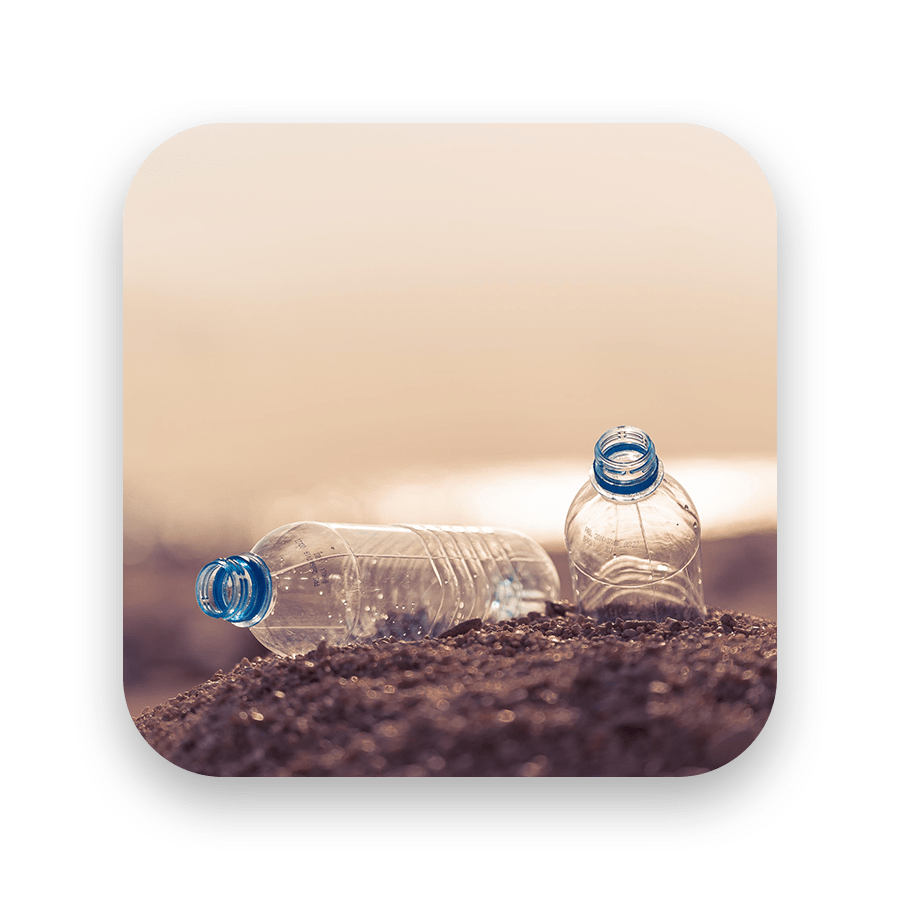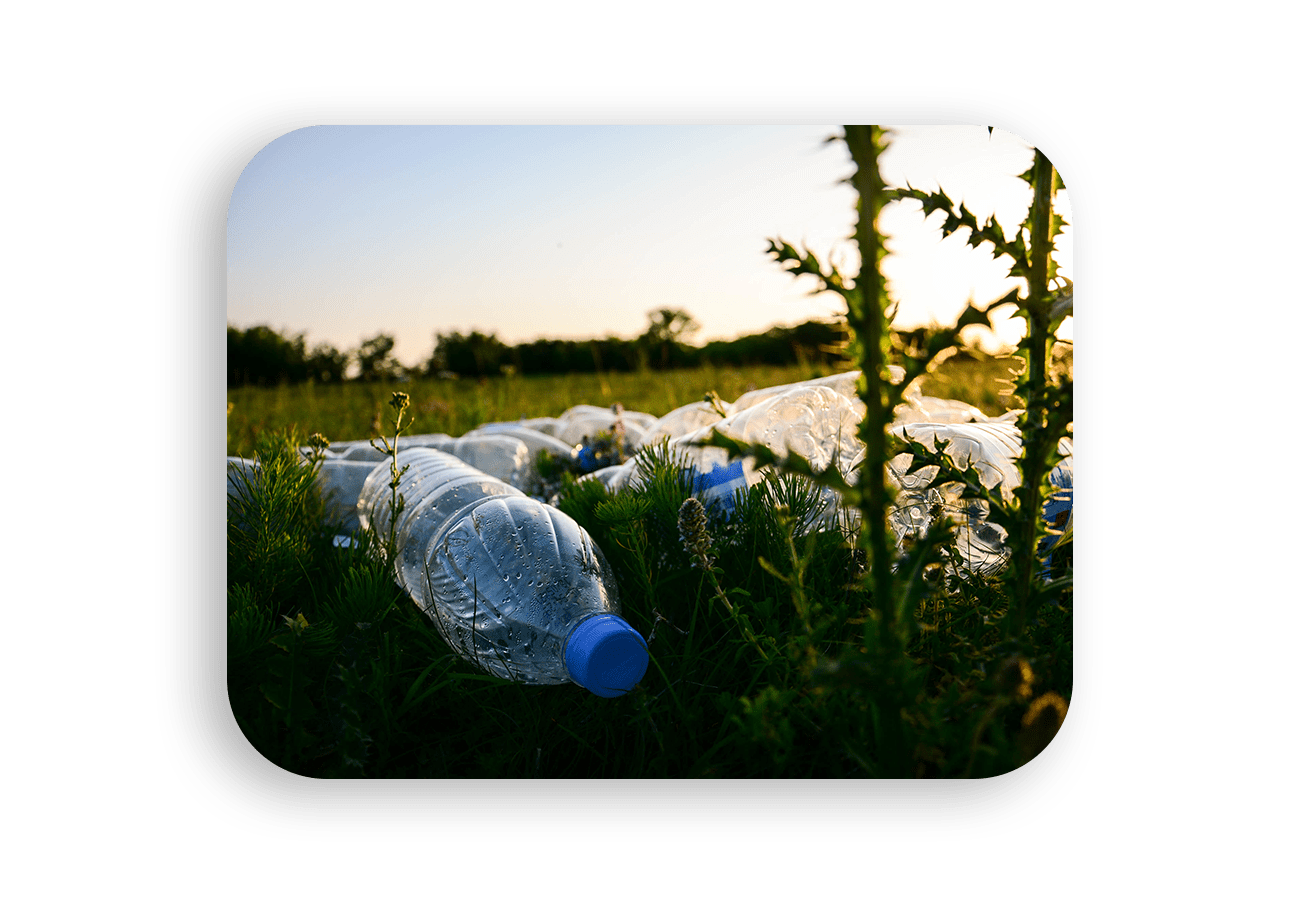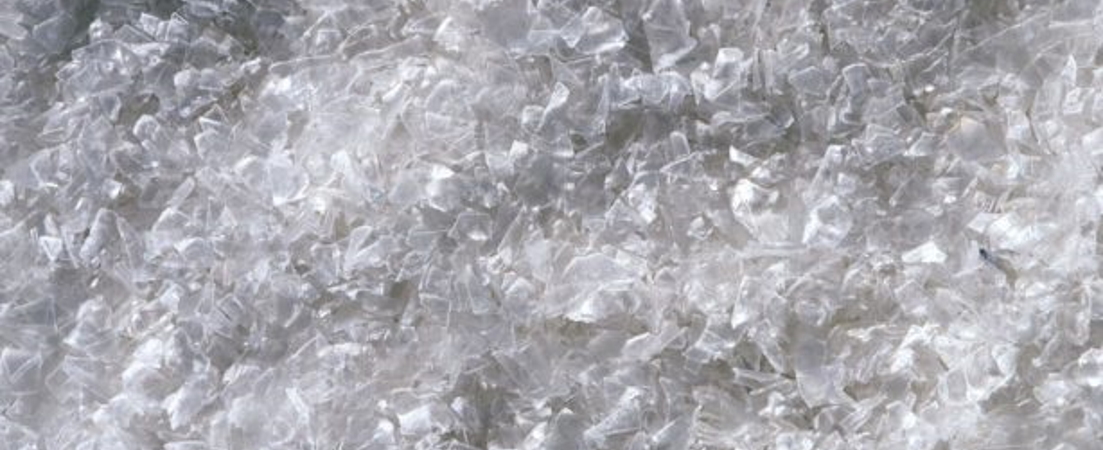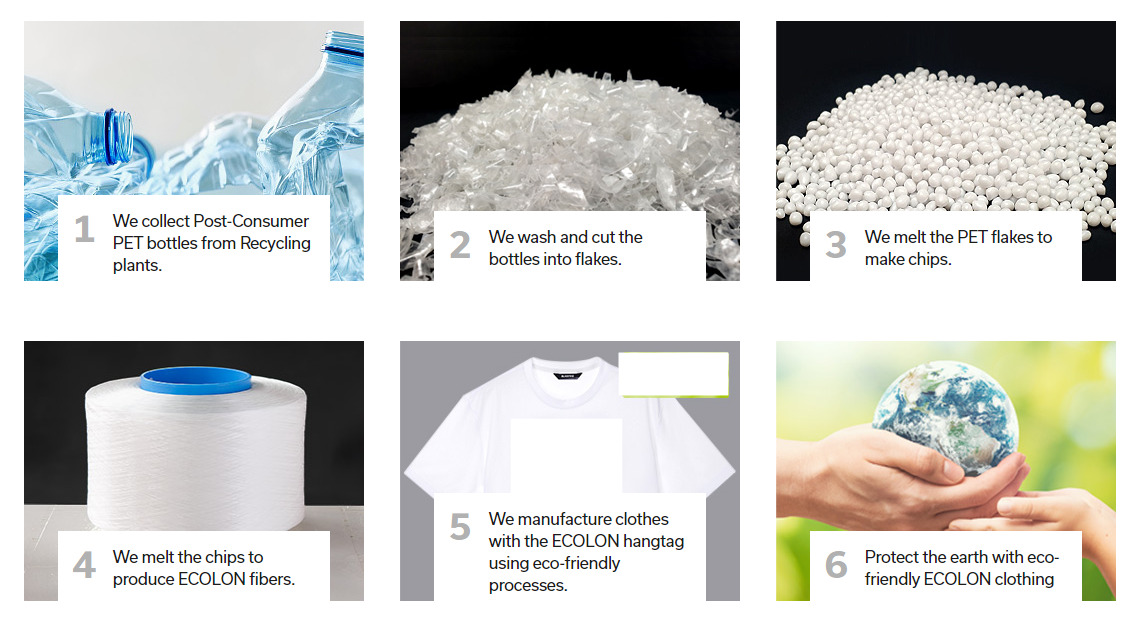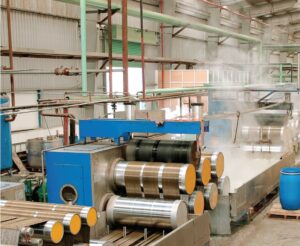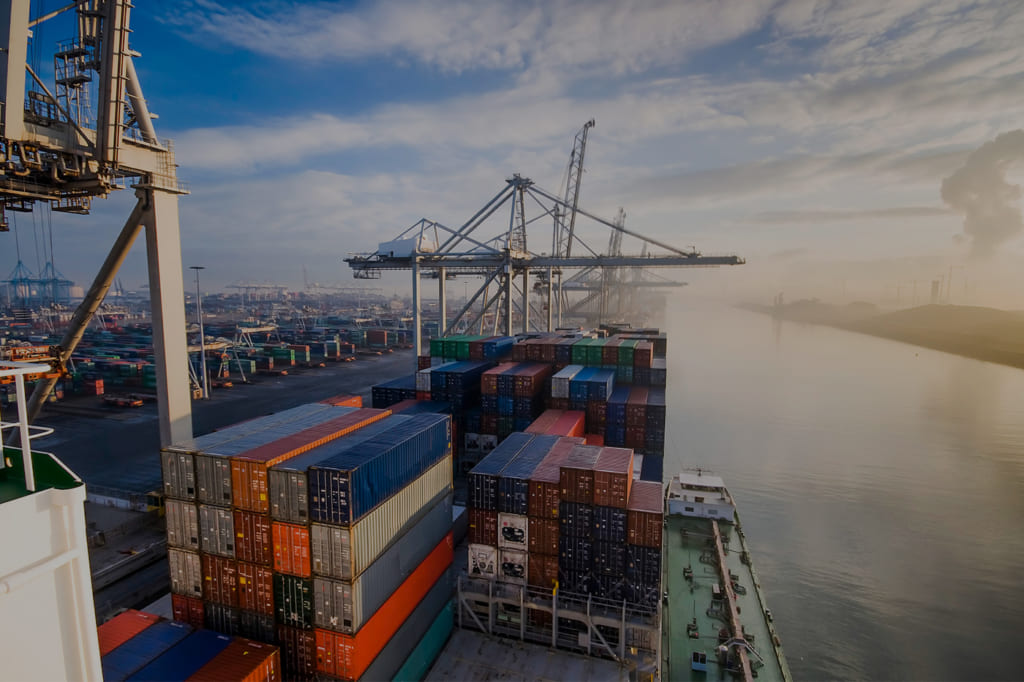What are plastic bottles?
Plastic is non-recyclable, but as time flies, environmental factors like the sun and rain will continue to degrade plastic down into smaller pieces. These fine pieces, also known as microplastics, will stay on Earth for more than 1000 years or forever as plastic. And when the degrading happens, toxic chemicals in the plastic are released into the environment. That’s not it, a plastic that we bring into the atmosphere will remain in the background, forever harming wildlife in the future.
Another issue with plastic bottles is they require fossil fuel for production. Fossil fuels are non-renewable, and they contribute to greenhouse gas emissions and climate change. It’s no question that they’re harmful to the environment. Most plastic bottles are made of plastic identified as PET(polyethylene terephthalate) that uses non-renewable fossil fuels.
Plastic bottle PET waste bottle – Environment pollution increases
The wastage of energy doesn’t stop with production, alternatively is used during the entire lifespan of a plastic bottle: including the power utilized for transportation, storage, and the ultimate disposal of the bottle.
We must not underestimate the intensity of this issue. Plastic bottles are currently among the top 5 trash items commonly found at the coastline (by quantity), making up a sizable portion of the total plastic pollution in oceans.
Most of the littered plastic gets blown by the wind or washed by rain and flows through drainage or rivers and eventually ends up into the ocean. Fish and other sea animals can mistake plastic for food, and when they do their digestive systems could get clogged up and starve them to death.
Here’s the most dreadful part, when predators consume prey with plastic in their systems, the plastic gets passed along into the next animal in the food chain. Seafood with plastic in their bodies could be passed along to humans as well.
So now we know that Plastic Bottles or Plastic itself is “BAD NEWS.” The question we should be asking ourselves is, why don’t we recycle?
Current facts and effects of degrading PET waste bottles
Every year more and more plastics fill up our landfills, plastics are everywhere from the water bottles we drink to even the environmentally friendly reusable bottles. We know that they are not immediately biodegradable, but how long does it take for a plastic bottle to really biodegrade? Various plastics degrade differently, but on average, it takes 450 years for the plastic to degrade completely. Some plastics even take up to 1000 years to biodegrade completely. Did you also know that bottles made out of Polyethylene Terephthalate (PET or PETE) will never biodegrade!
Makes you wonder about that bottle of soda you just threw, doesn’t it?
Waste plastic bottles are also a threat to animals! Plastic bottle tops often end up at the bottom of the ocean, and in the stomachs of a variety of animal species that mistake them for food. One albatross that was recently found dead on a Hawaiian island had a belly full of 119 bottle caps. Marine life falls prey to this problem daily. A sperm whale was found dead on a North American beach recently with a plastic gallon bottle that had gummed up its small intestine. The animal’s body was full of plastic material including other plastic bottles, bottle caps, and plastic bags.
Non-degradable plastic bottles release poisonous gases into the atmosphere. Waste Plastic bottles contain Bisphenol A (BPA), the chemical used to make the plastic hard and clear. BPA is an endocrine disruptor that has been proven to be hazardous to human health. These non-degradable plastic bottles are linked with a slew of health issues like certain types of cancer, early puberty in girls, reduced fertility in women, premature labor, and defects in newborn babies – to name a few examples. They enter our bodies through the exposure of plastic bottled drinks and various cleaning product bottles.
Did you know we use depleting resources like oil and natural gas to make plastics? Why show we then abandon this plastic to landfills and our garbage when it can be put to good use!
Plastic is manufactured using oil by-products and natural gas, materials that could be used in numerous other applications or conserved were plastic usage lower. Natural gas, for example, can be used to heat houses and cook food. Using plastic in the volume we currently do reduces the availability of these resources, which are gone forever when used up.
PET flakes become raw material for textile fiber
For many years the thought on the environmental defense prevailed. Recently, the changes in the individual attitude toward environmental protection and the increasing concern about life quality have made us aware that people’s relentless exploitation has depleted a lot of natural resources such as soil, water, fuel fossil, and so on.
Besides, the dramatic increase of plastic rubbish and how to organize waste disposal is the more and more imperative problem on the high demand of surmounting – which is where recycling comes in.
VNPOLYFIBER, with the mission of saving our “Mother Earth”, is one of the biggest Vietnamese companies in manufacturing regenerated polyester staple fiber from used PET bottles.
Since PET bottles are basically non-bio-degradable, re-using PET bottles is a perfect measure for keeping up the cleanliness of the environment. What is more, the energy needed to make the rPET is less than what was needed to make the virgin polyester in the first place, so we save energy. On account of this, according to recent studies, it takes from 33% to 53% less energy than the total amount of energy needed to make virgin polyester. More and more customers are using recycled polyester staple fiber products as it is cost-effective, durable and most importantly, eco-friendly.
Recycling Process
This is an environmentally friendly fiber that minimizes the use of raw materials and reduces energy consumption and greenhouse gas emissions by recycling PET bottles.
VNPOLYFIBER has acquired the Global Recycled Standard certification. Experiencing many years of establishing and developing, VNPOLYFIBER now can reach more than 100 customers worldwide (+36 customers in 2018 and 90 active customers). We are proud to contribute our little effort to make the world greener and save it for our children and our children’s children.

